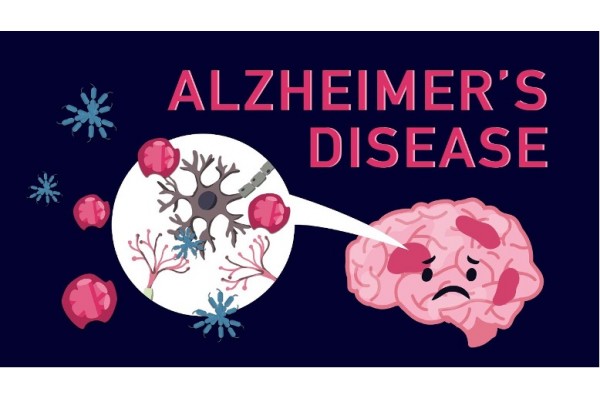Scientists Develop New Blood Test for Detecting Alzheimer’s Disease
March 21, 2023
Source: drugdu
 279
279

Researchers at Washington University School of Medicine in St. Louis have developed a new blood test that can detect Alzheimer's disease in its early stages. The test looks for a specific protein called tau, which is known to be a key biomarker of Alzheimer's.
Currently, the most common way to diagnose Alzheimer's disease is through cognitive testing and brain imaging scans. However, these methods can be costly and invasive. Additionally, by the time symptoms appear, the disease has already caused significant damage to the brain.
The new blood test offers a non-invasive and potentially more accessible way to diagnose Alzheimer's disease early on, when treatments may be more effective.
The study, published in the journal Nature Medicine, involved analyzing blood samples from 158 individuals, including healthy adults, individuals with mild cognitive impairment, and individuals with Alzheimer's disease. The researchers used a technique called mass spectrometry to measure levels of different forms of tau in the blood.
They found that the test was able to accurately distinguish individuals with Alzheimer's disease from healthy adults, with a sensitivity of 89% and a specificity of 92%. Additionally, the test was able to detect Alzheimer's disease in individuals with mild cognitive impairment, which is often a precursor to the disease.
The researchers say that the test may also be useful for monitoring the progression of Alzheimer's disease over time, as levels of tau in the blood are known to increase as the disease advances.
While the test shows promise, it still needs to be validated in larger studies before it can be used in clinical settings. Additionally, the researchers caution that the test is not a definitive diagnosis of Alzheimer's disease, and should be used in conjunction with other diagnostic tools.
Nevertheless, the development of a non-invasive blood test for Alzheimer's disease is an exciting development in the field of dementia research. It may offer a more accessible and cost-effective way to diagnose the disease in its early stages, which could lead to earlier interventions and better outcomes for patients.
Reference: https://www.theguardian.com/society/2022/dec/28/scientists-develop-blood-test-for-alzheimers-disease
By editorRead more on
- After the impact of centralized procurement, this old pharmaceutical company gambled heavily on research and development August 20, 2025
- Zhifei Biological has turned from profit to loss, and the transformation and breakthrough of domestic vaccines have become a trend August 20, 2025
- The subsequent R&D nodes and external licensing expectations of the innovative vaccine pipeline are worth paying attention to August 20, 2025
- Zhifei Bio’s subsidiary’s vaccine application for clinical trial accepted August 20, 2025
- Seven blood metabolites associated with excessive daytime sleepiness August 20, 2025
your submission has already been received.
OK
Subscribe
Please enter a valid Email address!
Submit
The most relevant industry news & insight will be sent to you every two weeks.



